 |
| An olden times writer exchanging his book for a contract |
"Publishers keep looking at indie success as a slush pile where they can scoop up the best. They'll keep doing that until indies learn better. But very few indies who sign with a legacy publisher and hate the experience will speak publicly about it, because their books are being held hostage and playing nice with their new corporate masters is essential if they want to continue to make money.
So you won't see many authors bashing their publishers. But how many who signed indie deals sing their publishers' praises? Isn't it odd we don't see a lot of that?"
Of course, when a successful indie is wooed and won by one of the Big Five*, he is initially thrilled. The advance will be substantial - it has to be, to match the money he's been making on his own - and it's always a boost to the ego to be pursued. Probably he's secretly gratified to think he'll finally fulfil his fledgling writer aspirations; piles of hardbacks in shop windows, book signings, 'proper' reviews in the media, even 'validation' by the gatekeepers. It'll save him from doing his own (or commissioning) editing, covers, formatting and marketing. For a few weeks, he'll be blogging and tweeting and telling everyone he knows.
Then what? I've poked about the internet a bit, and in most cases, the author goes curiously quiet. Blog posts become muted, mostly just about release dates and cover art. Have I picked up the wrong impression, or do most ex-indie authors conclude they've signed a pact with the devil?
*I'm not including Amazon publishing here, which offers much more to an author than trad pub does. I'd sign with Amazon with enthusiasm. Nor do I include print-only deals like Hugh Howey's.

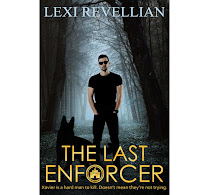
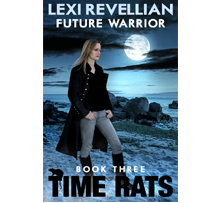
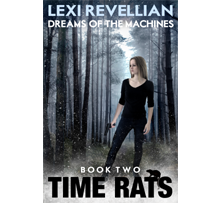
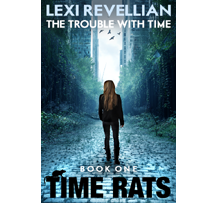

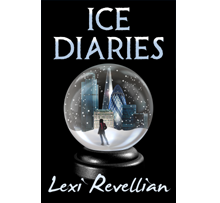





Another post bang on target, Lexi. I doubt your impression is wrong, at all.
ReplyDeleteI know I'd feel chuffed but that is all I would allow myself to feel if a trad pub offered me a contract.
ReplyDeleteI'd hate deadlines - simple as that.
If they offer a contract it is, as you say, to someone already doing very well as an indie, and so unlikely to be in dire financial straits.
Imagine having to imagine to order. No thank you.
Yes; a traditional publisher will only offer big money to an indie who is capable of making bigger money on his own.
ReplyDeleteThat's an interesting observation.
ReplyDeleteNot agreeing or disagreeing as I don't know the answer - but I wonder what you would expect them to be blogging? After they've done the 'wow, I have a contract' bit and have tweeted their publication date and any events, what more would they be doing? I don't blog about every book contract I get. How dull would that be for everyone?
ReplyDeleteIf they *did* think they'd signed a pact with the devil, they would bring out their subsequent books independently again, so that's the easiest way to check.
I'd expect a blogger to blog about her experiences with trad pub in much the same way she did about her self-publishing. Goodness, there must be plenty of new things for her to write about.
ReplyDeleteIt's early days yet for indies-turned-trad to turn back to self-publishing - the cherry-picking of indies has only been happening for the past two or three years.
I've recently edited an issue of a science fiction magazine in which one of my authors is a lady who self published her first book and will probably do more - this was only a short story. But I didn't cherry pick her or offer her lots of dough, which my press doesn't have, just a small amount per word. Her story was good, so I bought it. She submitted the story and is delighted to have sold it. There's a type of writer called a 'hybrid' who does both. She has become one.She doesn't think she's done a deal with the devil because, heaven forbid, someone was actually willing to pay her for her work. ;-)
ReplyDeleteSue, I think short stories are different - I'd be pleased to have one of my short stories published in a magazine, as I'd hope it would attract readers to my novels.
ReplyDeleteI used to think hybrid - by which I mean having some novels trad published, some self-published - was the way to go. Now, given that publishers a) take all your rights until 70 years after your death, b) promote your book for only a few months, c) normally pay a very small advance, d) do not allow the author a say in pricing or covers, I'd pass.